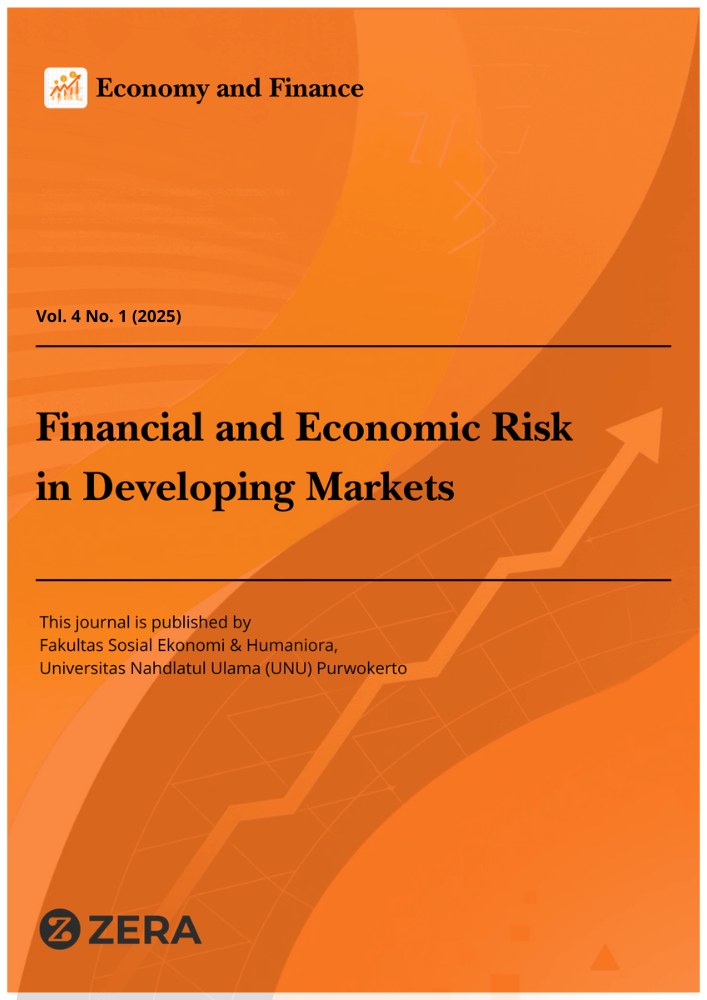Keywords:
Circular Economy, Environment, Indonesia, SDGs 2030, Sustainable DevelopmentAbstract
Indonesia, as the world’s fourth most populous country, faces serious challenges related to waste accumulation, environmental degradation, and carbon emissions that contribute to ecological crises. The linear economy model based on the “take–make–dispose” approach has proven unsustainable, relying heavily on the continuous exploitation of natural resources and generating waste that pollutes ecosystems. Circular economy emerges as an alternative solution, emphasizing the principles of Rethink, Reduce, Reuse, Repair, and Recycle to preserve the value of products and materials within the economic cycle. This study employs a literature review method to examine the implementation of circular economy in Indonesia and its connection to achieving the Sustainable Development Goals 2030. The findings indicate that Indonesia has incorporated circular economy policies into several priority sectors, including plastics, textiles, construction, food and beverages, and electronics. Nevertheless, significant challenges remain, such as insufficient incentives, inadequate facilities, and limited cross-actor collaboration. Circular economy demonstrates strong potential to support Sustainable Development Goals, particularly in sustainable consumption and production, resilient cities, and climate action.


